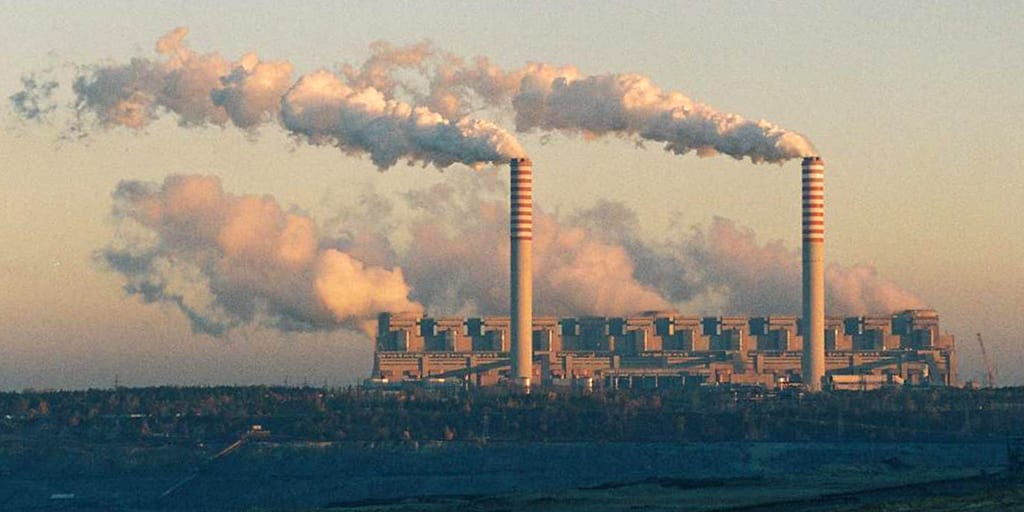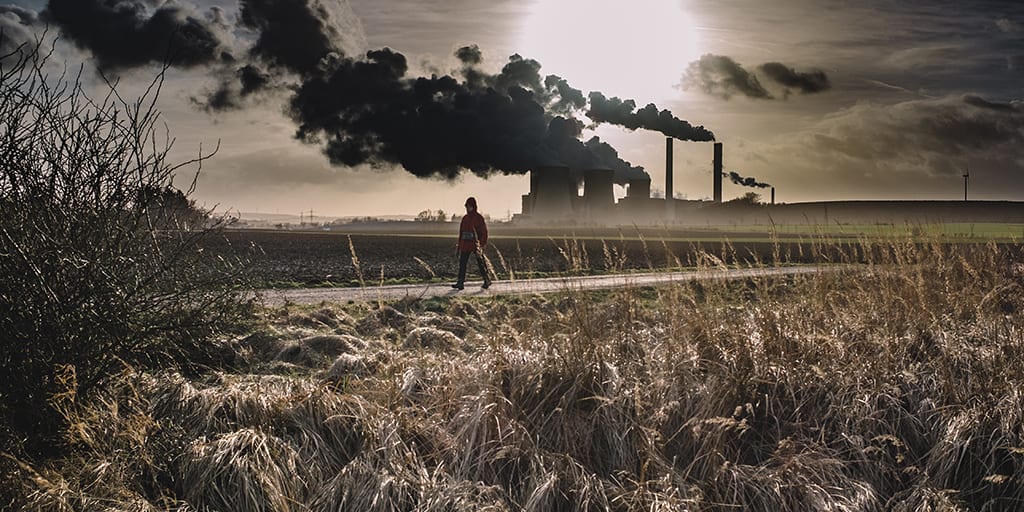Saudi Arabia
Country indicators
Fossil fuel subsidies (USD, billions):
Fossil fuel subsidies with externalities (% of GDP):
News

Saudis and Europeans reach compromise on climate as G20 projects unity
EU leaders endorsed Riyadh’s contentious “circular carbon economy” vision at the G20 summit, in exchange for a renewed commitment to phasing out fossil fuel subsidies By Joe Lo European leaders reached

Going green after COVID-19 will help MENA economies recover better (World Bank Blogs)
The coronavirus crisis is a window of opportunity to transform the economy and especially, to make it “green.” Previous economic crises such as the financial crisis in 2008/09 and the oil

Stories from G20 Countries: Shifting Public Money out of Fossil Fuels (IISD)
Group of 20 (G20) governments have committed to ending government support to fossil fuels through a number of reform pledges. Some countries have made progress in shifting support away from fossil
Reports

Navigating Political Hurricanes in the MENA Region: Energy Pricing Reform in a Context of Changing Social Contracts (Center on Global Energy Policy)
This report from the Columbia Center on Global Energy Policy analyzes the political economy of energy pricing reforms in the Middle East and North Africa since the Arab Spring. The authors investigate the conditions



